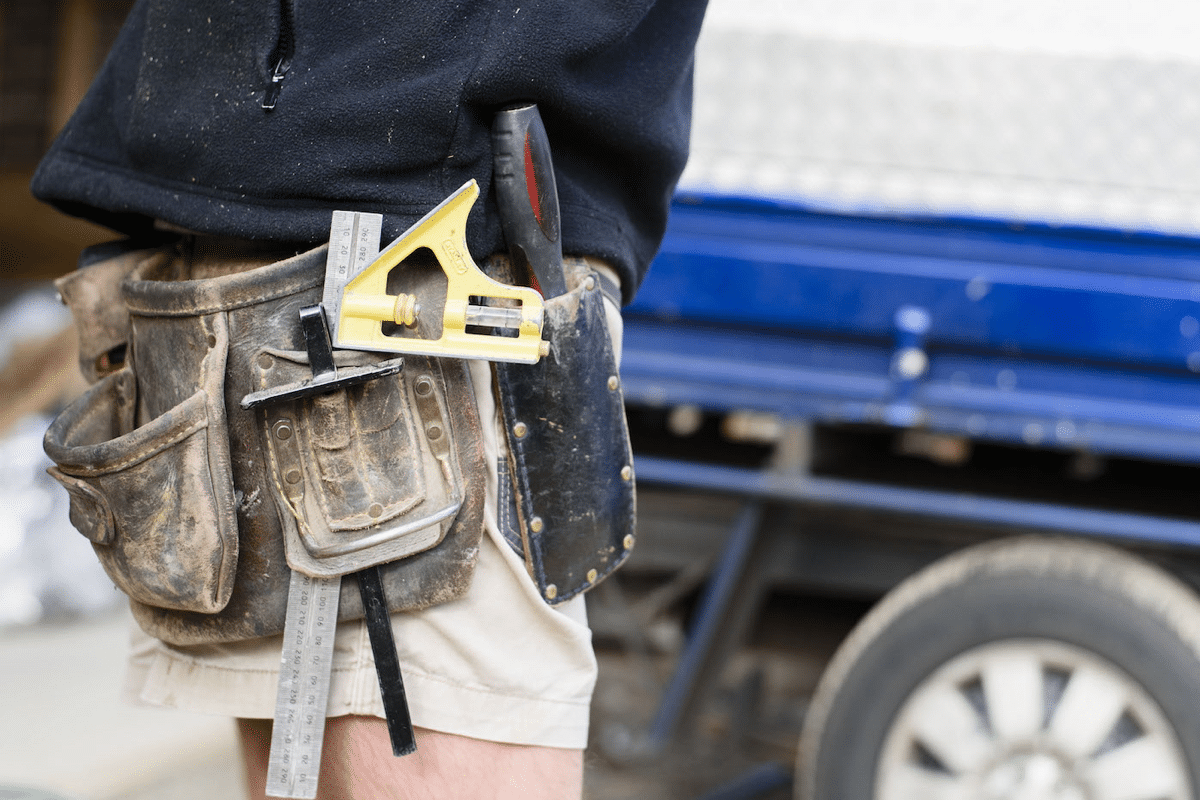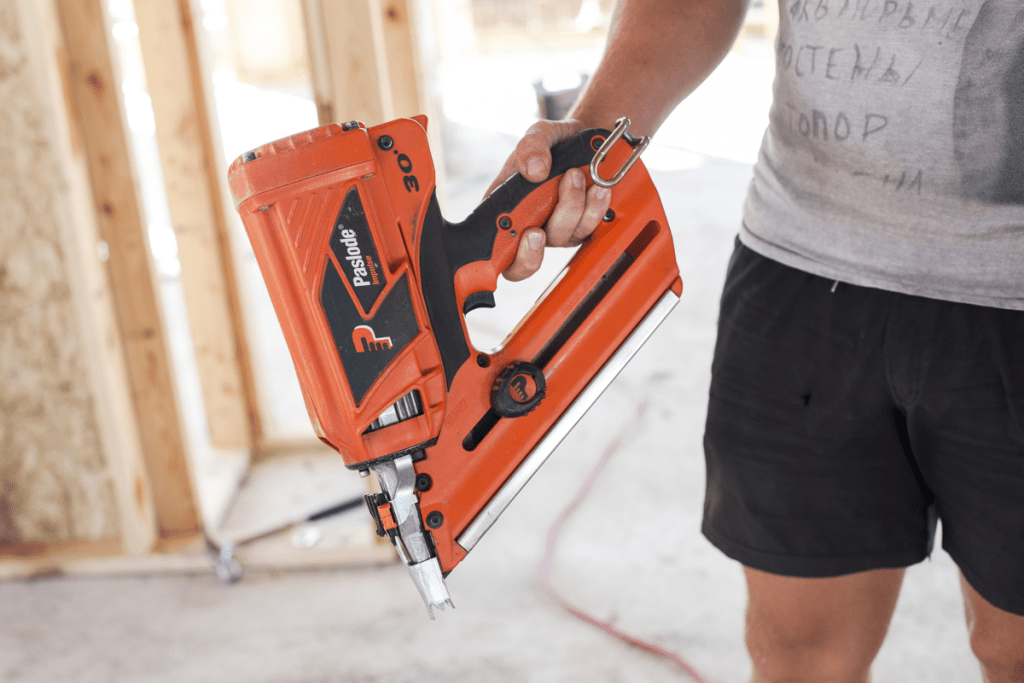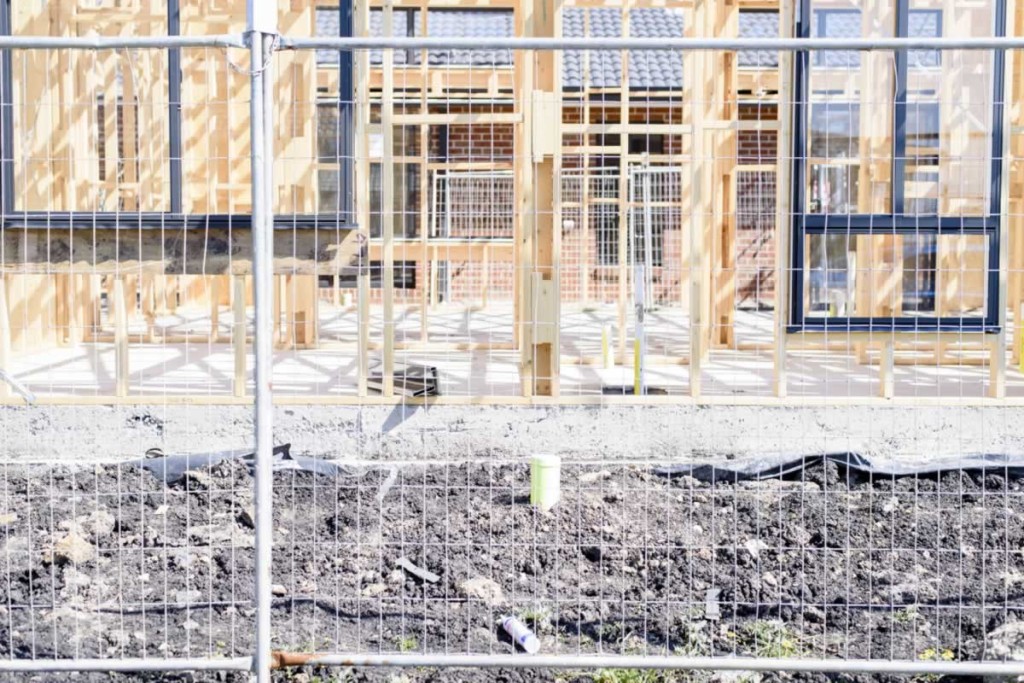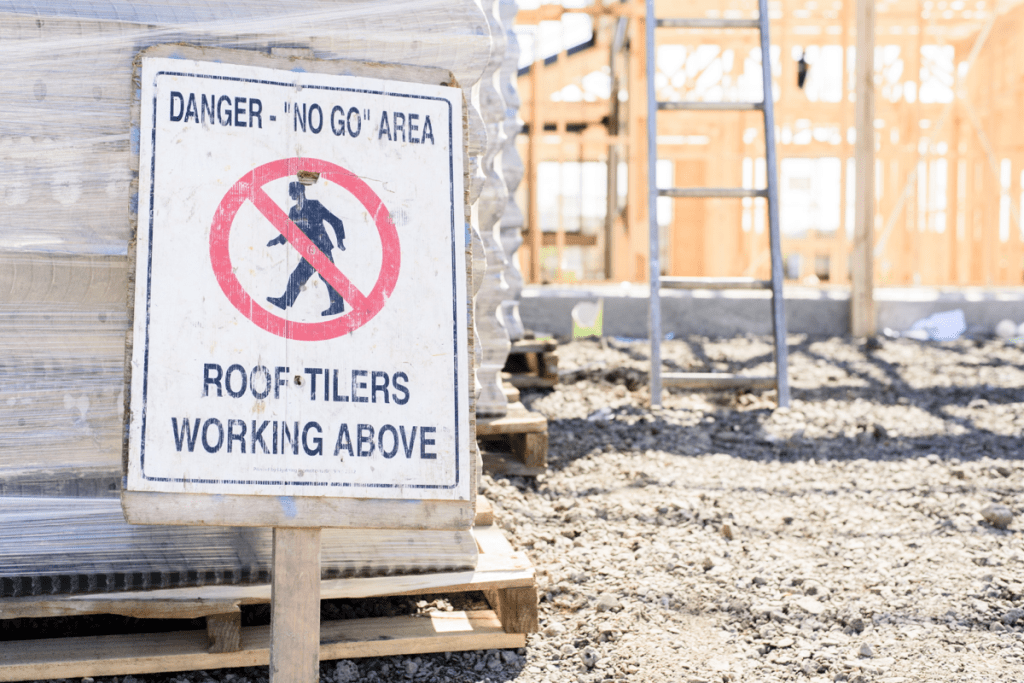The Owner Builder Checklist

When you’re building, extending or renovating your own house, there are obvious advantages to doing it yourself—especially if you’re a qualified tradie. You can save money on labour, you get to oversee the job yourself, and you can be flexible with the timeline. But there’s also a lot to consider as an owner builder, especially as some state-based regulations are starting to change. Don’t overlook the important stuff!
What is an owner builder?
Essentially you meet the definition of ‘owner builder’ if you’re one of the following:
- a tradie who’s extending or renovating your house using your own skills;
- a home or land-owner who’s overseeing a build or renovation on your property by managing sub-contractors to do the work;
- a registered builder who’s building, extending or renovating your own home.
No-matter which category of owner builder you fall into, you’re taking on a lot of responsibility—from checking the licences of any specialist contractors to organising permits and inspections, managing work health and safety on site, and arranging insurance.
So it makes sense that owner builder projects are heavily regulated. Each state and territory has its own permissions system, so your first port of call should be your state-based authority. Read on below…
Find out how much more you could be earning as a registered builder through BAA.
Getting a permit
The rules around owner builder permits differ by state, and these differences are mainly to do with the market value of the work being undertaken, whether or not it’s you who lives in the home (or will live there), the types of structures being built or renovated, what level of training is required, and how many permits can be granted to individuals over time.
If you’re not already a registered builder, the first thing you’ll need to work out is whether the value of the work you’re undertaking requires you to apply for an owner builder permit. In Victoria, you’ll need a certificate of consent when the value of the building work is more than $12,000. In New South Wales the threshold is $10,000; in Queensland it’s $11,000; in Tassie it’s $5,000.
Follow the links below to find an overview of the owner builder permit rules and application information provided by your own, state-based authority:
- Consumer Affairs Victoria
- Fair Trading New South Wales
- Queensland Building and Construction Commission
- ACT Environment and Planning Directorate
- Tasmanian Department of Justice
- Northern Territory Building Practitioners Board
- Western Australia Department of Commerce
- South Australian Government
The Australian Owner Builders network also has a great summary of each state’s requirements.
Find out how much more you could be earning as a registered builder through BAA.
What to watch out for
Once you’ve got an owner builder permit, you’re just as responsible for your project as a fully licensed builder would be.
This creates an opportunity for unscrupulous, unlicensed builders to avoid their responsibilities by asking homeowners to apply for permits to cover the work. Regulators warn homeowners to watch out for this. Contact your state-based authority for advice if a builder has asked you to apply for a permit even though they’ll be doing the work.
Experienced builders are much less likely to stumble into classic first-time problems with site set-out, ventilation, waterproofing, wiring, materials ordering and impact on neighbouring properties. If you’re a first timer, read on below to find some courses that can help you plan the project correctly.
There are issues that even experienced tradies will often overlook. A good, basic checklist of considerations should include:
- Getting the proper planning permits from your local council.
- Making sure you hire licensed contractors for electrical wiring, plumbing, draining and gas fitting as well as any air conditioning or refrigeration work. And making sure a registered builder is involved for any reblocking or restumping.
- Checking you’ve completed any required training, including an OHS construction induction card.
- Signing domestic building contracts with any builders or tradespeople you hire, and ensuring builders contracted for work of significant value hold domestic building insurance—to protect you if they disappear or aren’t able to complete the work for any reason. Some states recommend this and some require it.
- Remembering to arrange building inspections at relevant stages of the project as required by law.
- Keeping up with any changes to state-based regulations. For instance, as of 4 July in Victoria, the government has extended the Victorian Building Authority (VBA)’s inspection powers under the Building Act to include owner builder worksites. Make sure you’ve got relevant documentation on hand at all stages of a project in case the VBA get in touch for a pro-active audit.
- Thinking about insurance before, during and after the project. As an owner builder you’re guaranteeing the work undertaken. Subsequent purchasers of the house will be entitled to statutory warranties, and you’ll need to hold insurance that protects them. Each state and territory has different rules around this, so make sure you read up on what’s required—and don’t assume a contracted builder’s own insurance is necessarily covering you. You’ll also need workers compensation insurance and, ideally, public liability insurance covering the period of the build.
Does training help?
In short, yes.
First up, because you’re going to be present in an operational construction zone and responsible for workplace health and safety, you’ll need a white card (general construction induction card), delivered by a registered training organisation.
Beyond OHS training, an owner builder qualification is compulsory in most states (check the state authority links above for approved courses).
Even in Victoria, where training isn’t a mandated part of the owner builder permit process, Consumer Affairs recommends doing a course that will help you navigate the regulations that apply to domestic builds.
Of course, we’re happy to help with this! We recommend the CPC40120 Certificate IV in Building and Construction (Building), which addresses planning and regulatory considerations as well as processes for coordinating domestic builds.
There are so many benefits to taking on a project as an owner builder, as many of our students know. But it’s important to be informed at the planning stages, and very well aware of your legal responsibilities. We hope this introduction has helped. Keep a handle on that checklist, and happy building!
Find out how much more you could be earning as a registered builder through BAA.




